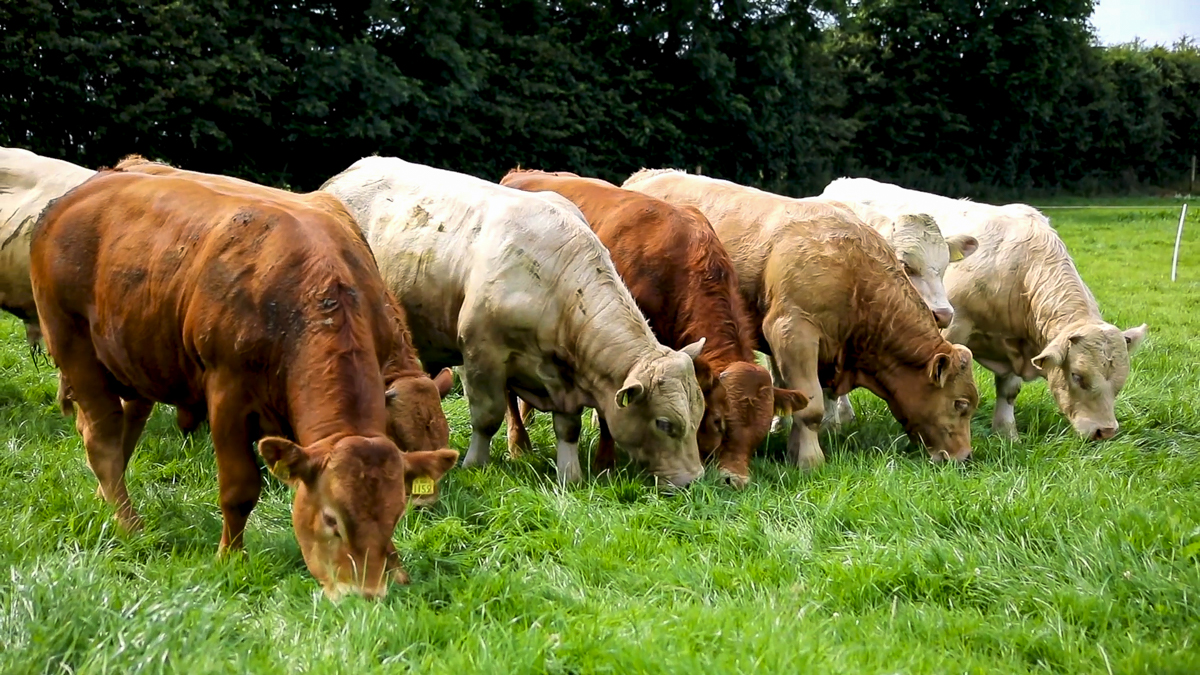Ulster Farmers’ Union (UFU) deputy president, William Irvine, believes that production agriculture and the environment are two sides of the one coin when it comes to livestock numbers.
He used the analogy to defend the union’s policy of maintaining livestock numbers in Northern Ireland.
The UFU president, Victor Chestnutt, and its two deputy presidents, David Browne and William Irvine, attended a press briefing earlier this week.
Irvine continued: “In hill areas, cattle and sheep act to keep vegetation levels in check. If this were not the case, fires would be a greater occurrence than is the case today.
“The reality is that cattle and sheep are an integral part of the environment in so many parts of the country.”
Climate legislation
The UFU has confirmed that it wants to see the Stormont Assembly and Executive passing climate change legislation within their current mandates. In practical terms, this means they have until the middle of March to have measures enacted.
Union chief executive, Wesley Aston commented:
“Food processers and retailers are demanding the introduction of effective climate change legislation, which will include the full buy-in of the farming industry.”
Two climate change bills are currently making their way through Stormont – one proposed by Green Party MLAs in a private member’s capacity, the other endorsed by Northern Ireland’s agriculture minister, Edwin Poots.
The key difference between the proposed pieces of legislation relates to the climate change targets, which they espouse. The Bailey Bill a sets a 2045 target for reaching net-zero carbon emissions.
In contrast, the Poots’ bill sets the goal of reducing emissions by 82% by 2050.
It also contains the built-in the presumption that the farming and food sectors in Northern Ireland will not be able to reach a net-zero carbon scenario within this timescale.
Reduction in livestock numbers
According to the UFU, the implementation of the Bailey Bill would lead to a 50% plus reduction in livestock numbers.
“We cannot accept this scenario,” confirmed union deputy president, David Brown.
“The knock-on effects of such a development would be disastrous for the rural economy as a whole.”
Union president, Victor Chestnutt is making it clear that enacting the Poots’ bill will not be an easy option for the farming sectors.
“Its implementation will lead to a 46% change in land use practices,” he added.
The UFU is also pointing to the creation of new woodlands as part of the farming industry’s response to the challenge of climate change.
“But this must be a gradual process,” said Chestnutt.
“In the first instance, there is significant scope for farmer to let their hedges and existing trees to grow out.
“Damp areas on farms should also be planted out in trees. But our best land must be kept for food production purposes,” he concluded.
